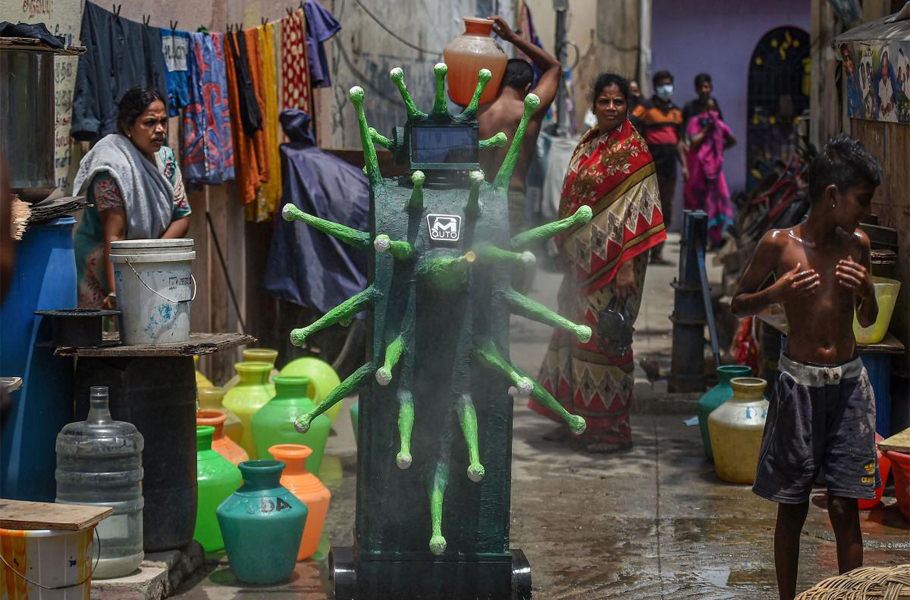
Serosurvey reveals one-fifth of Chennai exposed to COVID-19 by July

A population-based sero survey carried out by the National Institute of Epidemiology to check transmission of the infection in the Greater Chennai Corporation (GCC) region showed one-fifth of the city’s population has been exposed to COVID-19.
The results came from samples tested for antibodies against SARS-CoV-2 (the virus that causes coronavirus) on 12,405 individuals from the corporation’s 51 wards.
The field data collection for the study took place between July 18 and 28.
Of those tested, only 173 were found to have had a history of contact with COVID-19 patients. The positivity rate found at the July-end was around 10%.
“Around 80% of the population is still susceptible to SARS-CoV-2 infection in Chennai”, the study said, adding there is a “need to understand the reasons for varying seroprevalence across zones to improve our control measures.”
Seroprevalence is the percentage of individuals of the population to have antibodies against the virus. “There is a huge variation in seroprevalence across zones ranging between 7.1% in Madhavaram and 44.2% in Tondiarpet,” the study said.
Related news: 78,357 new cases take India’s COVID-19 tally past 37 lakh
Out of 6,493 female samples tested, 1,538 tested positive, against 5,785 male samples of whom 1,115 were found positive for COVID-19. At 23.7%, the female group thus had higher seroprevalence than the male group’s 19.3%, the survey reported.
“The reading is 21.5% of Chennai’s population reached the immunity levels by July-end,” GCC commissioner G Prakash said. “Now, the immunity levels will be more and it would also mean lower transmission rate,” he said.
In the age group category, samples in the 10-19 years showed higher seroprevalence of 23.8% against those above the age of 60, which had the lowest –15.9%. Seroprevalence among the 20-29 and 30-39 age group was 22.7% each, and the 40-49 age category showed seroprevalence of 23.4%.
The Indian Council of Medical Research began the second round of serosurvey around five days back to determine how many more Indians have been exposed to the infection since the first such exercise was conducted in May during the nationwide lockdown.
The results of the sero survey to detect the presence of COVID-19 antibodies in the general population are expected by September-end.
Sero surveys are important also to determine whether the disease has entered the community transmission stage.
The focus, some experts say, should not be on detecting antibodies in the population. “Even if you get to know people have developed antibodies, it is not good enough. What is important is to know the quality of antibodies and to determine if the people will get immunity against the disease in the long run,” said Dr Lalit Kant, former head, epidemiology and communicable diseases, ICMR.

